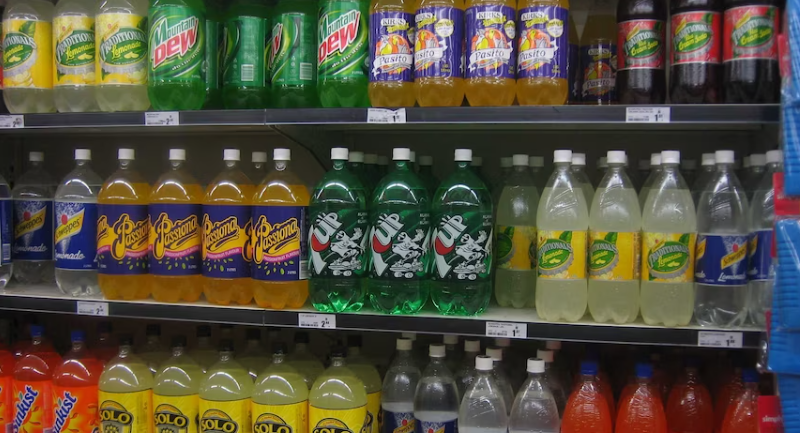A majority of Australians support stronger front-of-pack labelling on sugary drinks, with new research suggesting a shift in public attitudes akin to those that led to mandatory health warnings on tobacco products.
Strong support for advisory labels and a “sugar tax”
The national study of 2,876 adults, published in the Australian and New Zealand Journal of Public Health, found 83% support for clear advisory labels disclosing added sugar content. This compares with past public health momentum behind plain packaging and graphic warnings on cigarette packs.
Commissioned by the Public Health Association of Australia (PHAA), the research also showed 73% of Australians support banning the marketing of sugary drinks to children, and 56% back a tax on beverages high in added sugar.
Obesity overtakes smoking
Professor Caroline Miller, Director of the Health Policy Centre at SAHMRI and PHAA President, said the findings signal public readiness for regulatory action. “Sugary drinks are a significant driver of obesity, which has recently overtaken tobacco as Australia’s biggest cause of preventable disease burden,” she said.
Two-thirds of Australian adults, and one in four children, are living with overweight or obesity, according to recent health data.
PHAA CEO Adjunct Professor Terry Slevin called on the federal government to show leadership. “Australians want to protect children from aggressive marketing and want labelling that helps them make informed drink choices. A health levy tax on unhealthy beverages would also encourage drink manufacturers to rethink and reformulate their products.” he said.
Less support for a levy on diet drinks and 100% juice
The study also found strong support for enhanced labelling on non-sugar sweetened beverages and 100% fruit juices, which are often perceived as healthier options despite high sugar content.
However, support for applying a health levy to these products was significantly lower (39% for artificially sweetened drinks and 14% for juice.)
Professor Caroline Miller said the survey response also demonstrates a need for greater awareness to ensure Australians understand that non-sugar sweetened beverages and 100% fruit juices aren’t healthy alternatives to soft drink.
“For a long time, these products have been marketed as healthy alternatives, creating a false health halo. There’s work to be done to help Australians understand that non-sugar sweetened beverages and 100% fruit juice shouldn’t be consumed regularly or in high quantities — improved labelling is an important first step.”
Health advocates argue that the federal government has a clear path forward through existing frameworks, including the National Preventive Health Strategy and the National Obesity Strategy.
The study, titled “What about 100% juice and non-sugar sweeteners?”, is published open access in the Australian and New Zealand Journal of Public Health.
